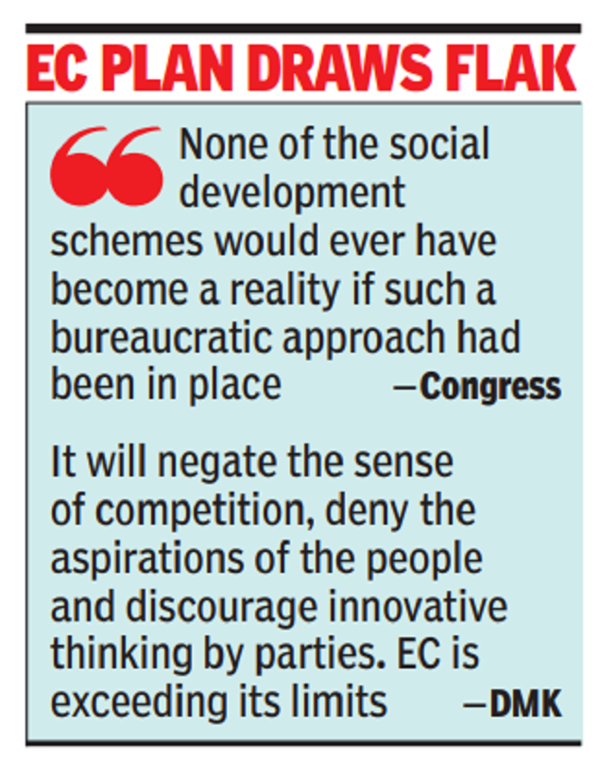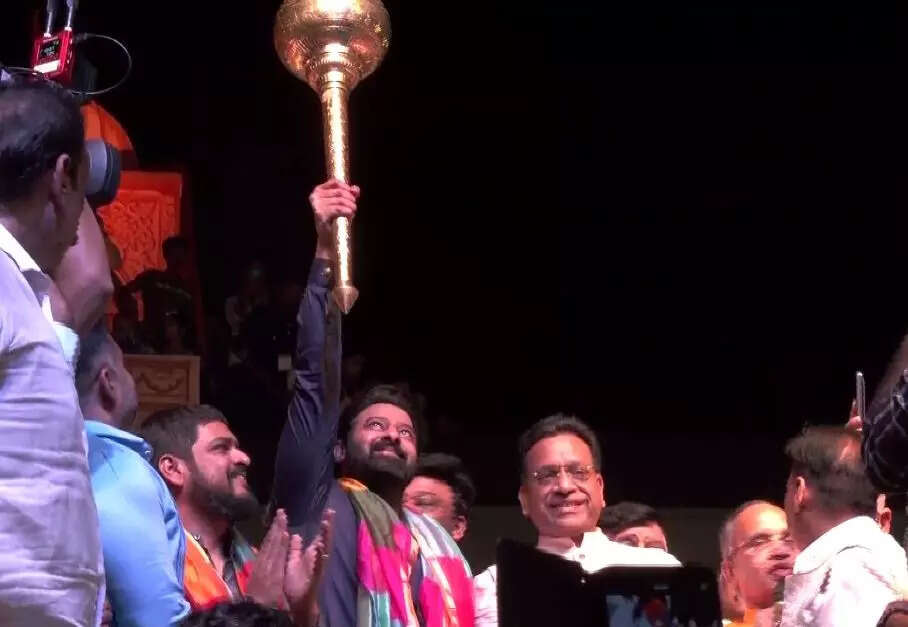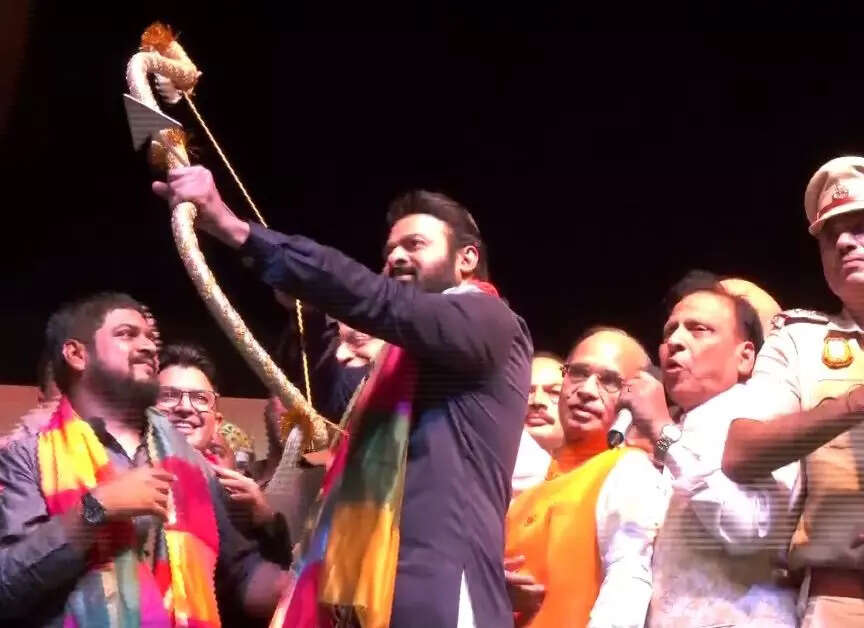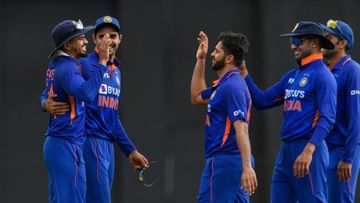A bench of Justices Dinesh Maheshwari and Bela M Trivedi said provision for maintenance under CrPC Sec 125 is a measure of social justice that was specially enacted to protect women and children and refused to accept plea of a husband who submitted he had no source of income as his party business has now been closed.
“The respondent (husband) being an able bodied, he is obliged to earn by legitimate means and maintain his wife and the minor child. Having regard to the evidence of the appellant-wife before the family court, and having regard to the other evidence on record, the court has no hesitation in holding that though the respondent had sufficient source of income and was able-bodied, had failed and neglected to maintain the appellant,” it said.

New Delhi: The Supreme Court directed a man to pay maintenance of Rs 10,000 per month to his wife and Rs 6,000 to his minor son.
The bench said the Section 125 of CrPC was conceived to ameliorate the agony, anguish and financial suffering of a woman who is required to leave the matrimonial home, so that some suitable arrangements could be made to enable her to sustain herself and the children. It pulled up a family court to deny maintenance to the woman and her children after she left the matrimonial home and started living separately and said that the court was not alive to the objects and reasons, and the spirit of the provisions under Section 125 of the code.
“The family court had disregarded the basic canon of law that it is the sacrosanct duty of the husband to provide financial support to the wife and to the minor children. The husband is required to earn money even by physical labour, if he is an able-bodied, and could not avoid his obligation, except on the legally permissible grounds mentioned in the statute. In Chaturbhuj vs Sita case, it has been held that the object of maintenance proceedings is not to punish a person for his past neglect, but to prevent vagrancy and destitution of a deserted wife, by providing her food, clothing, and shelter by a speedy remedy,” the bench said.
The bench also disapproved the Punjab and Haryana high court passing order in a very casual manner by upholding “such an erroneous and perverse order of family court”. The court passed the order in favour of the wife who approached the apex court and was fighting a legal battle for maintenance for around a decade after she left her matrimonial home in 2010 .

















Count: 3000
SIGN IN WITH
FacebookGoogleEmail
X